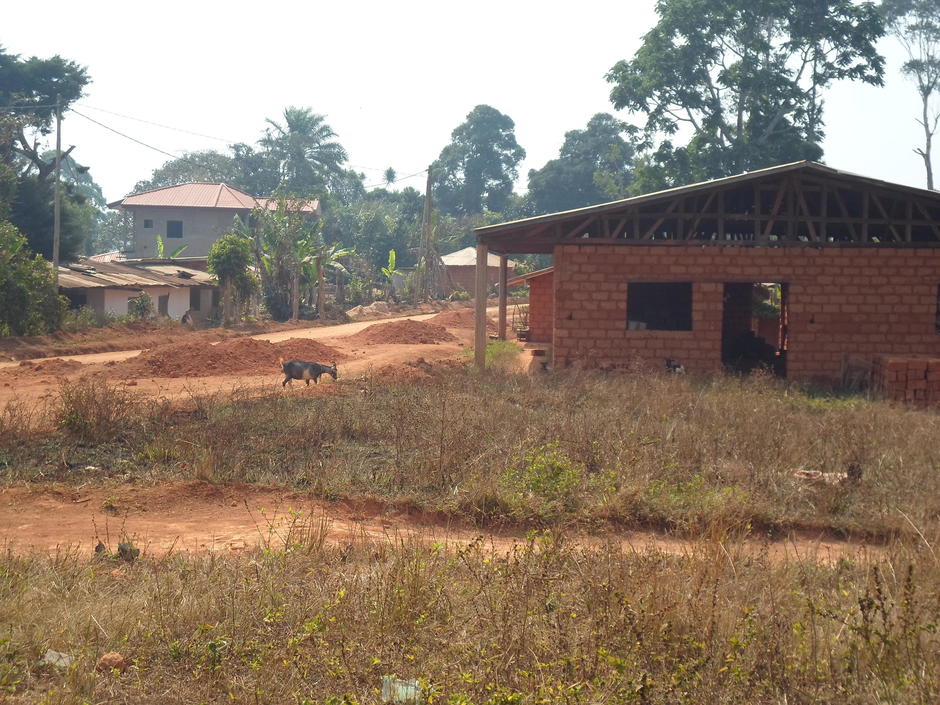
Humanitarian & development
- Location:
Cameroon - Sponsor:
Pierre Ascencio - Grant:
€40,000 at the selection committee meeting on 16 March 2020
Project owner
Established in 2002 by the Cameroonian diaspora, the association Les Enfants du Ndé aims to promote mutual aid and solidarity with children from Ndé, a department in western Cameroon. Its actions are aimed at sanitation (water and wastewater), health (medicines and medical equipment) and schooling (distribution of school materials). The Veolia Foundation has already supported a major water and sanitation program in Bangangté, a rural community where the association concentrates its water-related projects. The approach, which combines technical expertise and social engineering, also won the United Nations Public Service Awards in 2014.
After this first successful trial (the "Modeab" program), the Veolia Foundation was asked by the Cameroonian government to help replicate the system in other places in Cameroon that are not served by the Cameroon water company (Camwater)[1].
In autumn 2019 an initial fact-finding mission led to 47 villages throughout the country being selected for a water supply project, combined with a sustainable facility management structure. The goal is to provide a turnkey water access project (study, supply and installation of equipment, works, and financing) for Cameroon’s rural population. 47 villages were selected on the basis of criteria agreed with the various Cameroonian ministries concerned: needs, geographical distribution across the country, analysis of the ratio between investment and number of beneficiaries, etc.
The project is naturally built on the achievements of the Modeab program. At the same time as renovating and installing water supply equipment (treatment, pump, drilling, network, etc.), work with the authorities and beneficiaries will focus on strengthening the management capacities of the structures created throughout the project. The whole process will take two years: one year for the works and in parallel two years to set up and support the structures charged with monitoring the drinking water installations.
[1] Camwater is responsible for supplying water in towns and secondary towns, but water supply in villages is the responsibility of the municipalities, which lack the means and experience in managing the facilities.

